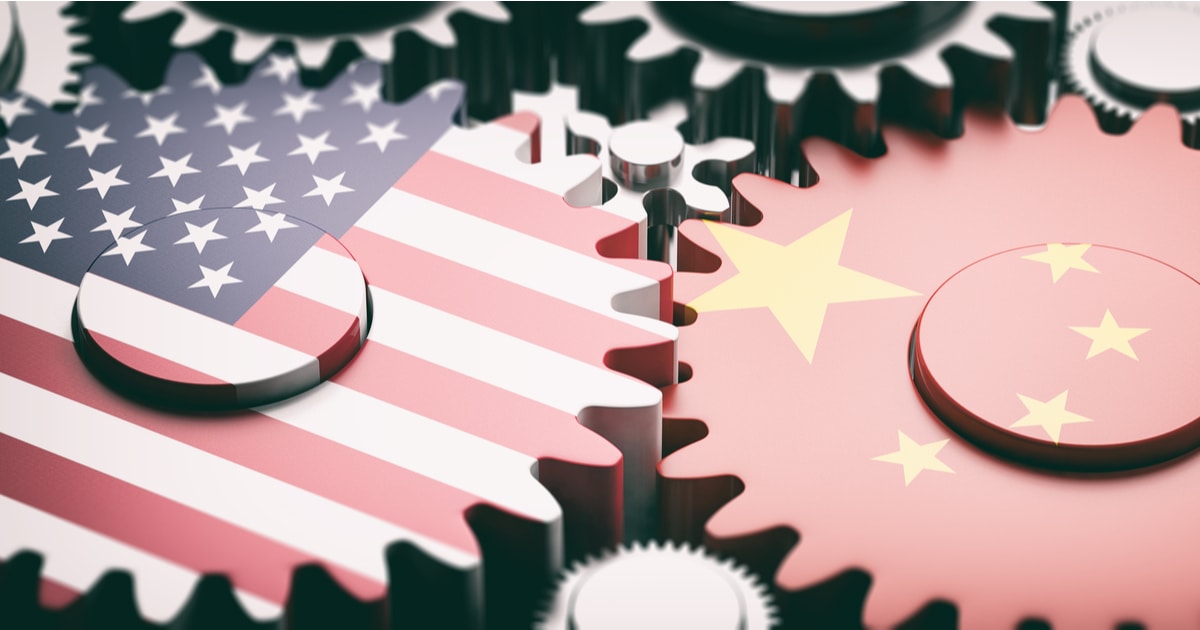US National Security at Risk Due to China Dominance in Mobile Payments, says former State Department Official
Luisa Crawford Apr 23, 2023 07:43
Former Department of State official Anja Manuel warns that if the US loses its dominance in financial innovation and payments, it could impact its national security policy, specifically on sanctions. Manuel stated that China is catching up on dominance in mobile payments, which could make enforcing sanctions against “bad actors” like Iran or North Korea more challenging.

In a Twitter Spaces discussion with Coinbase CEO Brian Armstrong and listeners, former Department of State official Anja Manuel cautioned that the US's ability to enforce sanctions on "bad actors" like Iran or North Korea could be threatened if it fails to maintain its leadership in financial innovation and payments. According to Manuel, the US's status as one of the largest global leaders in payments enables it to enforce sanctions on countries and entities that are deemed to be a threat to national security. However, China seems to be catching up in mobile payments, both in sophistication and scale. If China's payments solutions gain a dominant foothold in the developing world, enforcing sanctions could become significantly more challenging.
The Office of Foreign Assets Control of the Treasury Department enforces US sanctions, including sanctions on crypto wallets related to Russian nationals and groups' involvement in the war on Ukraine. Manuel acknowledged that sanctions generally work in a world of traditional banks and responsible blockchain firms, but they are less effective when financial technology firms are available to individuals looking to circumvent restrictions.
There are several reasons why maintaining US dominance in financial innovation and payments is essential for national security. First, the ability to enforce sanctions against countries deemed to be a threat to national security is critical. Sanctions are a key tool in deterring countries from pursuing policies that threaten US interests. Second, financial innovation and payments are critical for US economic growth. The US's ability to innovate and create new technologies has been a key driver of economic growth for decades.
The US government has historically played a significant role in fostering innovation and supporting the growth of new technologies. However, there are concerns that the US is losing ground to other countries, particularly China. China has made significant investments in technology and innovation and has developed a reputation as a global leader in several areas, including mobile payments.
To maintain its leadership in financial innovation and payments, the US must continue to support the growth of new technologies and create an environment that fosters innovation. This will require a significant investment in research and development, as well as regulatory frameworks that support the growth of new technologies while also protecting consumers and national security.
In conclusion, the US's ability to maintain its leadership in financial innovation and payments is critical to its national security. If the US loses ground to other countries, particularly China, enforcing sanctions and deterring countries from pursuing policies that threaten US interests could become much more challenging. The US must continue to invest in research and development and create regulatory frameworks that support innovation while also protecting national security.
Image source: Shutterstock.jpg)